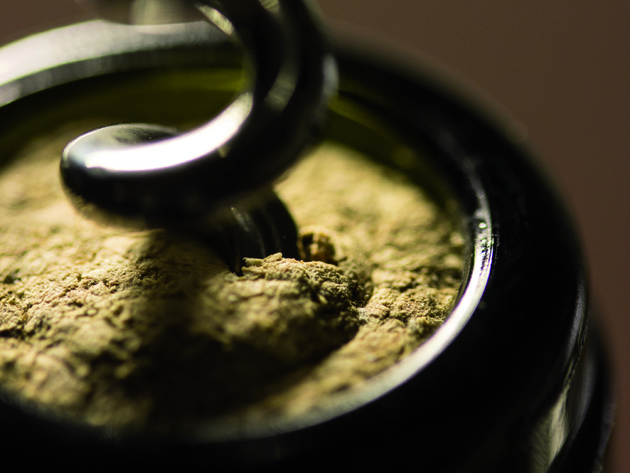
Exclusive: Broadland reinstalls corking line after 15 years
Norfolk bottler Broadland Drinks is re-installing its corking line after a 15-year absence in a move which marks a significant re-emergence of cork back into the UK drinks scene, Harpers can reveal.
Cork had all but disappeared from the major UK bottlers by 2010 as a result of persistent issues with TCA, leaving just Kingsland Drinks with its legacy corking line which it uses to bottle Australian brand 19 Crimes.
Now Broadland Drinks is swinging its focus back onto cork, with a brand new line about to come on stream and an order with an as yet undisclosed major retailer signed up for a first run.
- Read more: Sustainability Report – Plotting Progress
“The complaints of TCA are minute now compared to where they were back in 2009 when we decided to remove our corking capabilities. At that time, lot of big decisions were being made and Tesco made its major move to screwcap,” Broadland CEO Mark Lansley told Harpers.
“Given cork’s low, or even negative, carbon footprint and ability to enhance the perceived quality and value of wine, we felt it might be useful for premium retailers and brand owners to have a UK wine bottler that could offer cork closures, at low minimum order quantities. Broadland is also a halfway house between a bottler and a winery, so we have the capability to run things like crossflow filtration, chill stabilisation and bentonite fining if needed. Sometimes wine with cork needs handling with care.”
Broadland is now focusing on cork’s credentials as a technically sound, environmentally friendly option, with the new line aimed at premium bulk wines and brands.
Minimum order quantities of 3,000 litres can be handled, either from single containers or as a ‘carve-off’ from larger bulk wine flexis and tanks.
The new line is also part of Broadland’s recent pledge to offer a ‘one stop shop for cutting carbon’. As a chemical engineer with a particular interest in the science of reversing global warming, Lansley describes how cork will swell the number of options for customers, thus helping to ensure they find the right match for their product and sustainability goals.
“If you’re interested in lowering carbon footprint, cork is made from trees which literally suck the carbon from the air. More than 1 billion litres of wine are consumed in the UK every year and once production, transport and packaging are taken into account, each bottle creates typically 1kg of CO2e. That means the carbon footprint for UK wine consumption is very approximately 1.5 million tonnes of CO2e.
“We also have BiB which is ultra-low emission, plus lightweight glass bottles, frugal paper bottles, kegs and aluminium cans. It’s all about giving choices.”
Broadland advisor Clem Yates MW was also enthused about cork’s environmental capabilities.
“Across both natural and technical stoppers, the technology exists to offer non-detectable TCA corks with consistent and predictable OTR control. There is a cork for all types of wine, so suppliers can enhance their wine quality whilst lowering the overall carbon footprint,” she said.
Cork has certainly come a long way from where it was at the beginning of the 2010s. The world’s largest cork producer, Amorim Cork, now makes 6 billion stoppers annually, over double the 2.5 billion stoppers it was producing when screwcaps and alternative stoppers exploded onto the scene.
According to Portuguese cork association APCOR, seven in every 10 bottles in the world uses cork.
For the full story into cork’s recent evolution, see the February issue of Harpers, out now online and in print.





